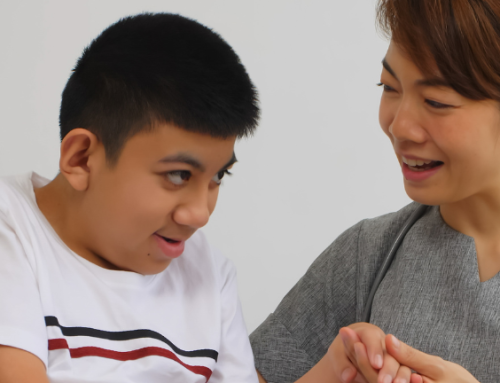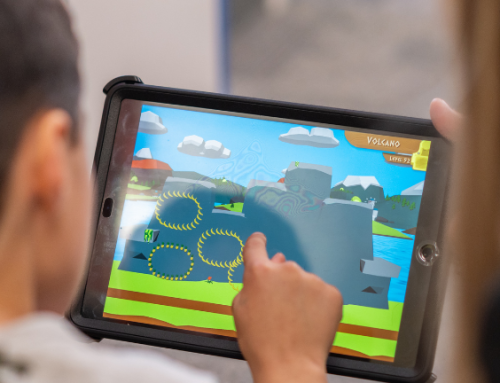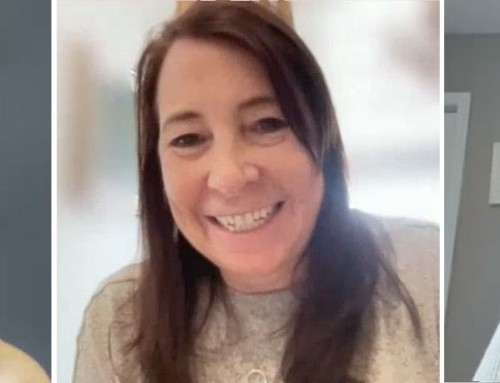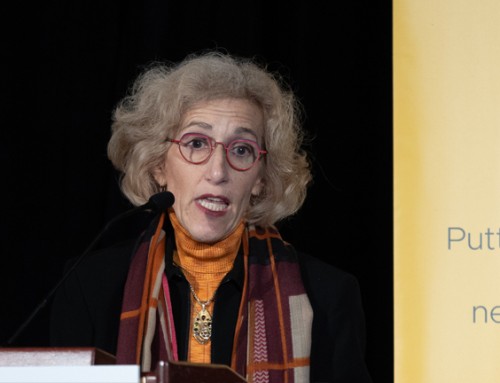For more than a decade, we have been single-minded in our resolve to help children and families. That is why we put their needs at the heart of our research efforts.
As we begin our 13th year as a network, we take this opportunity to reflect, offer our gratitude to our partners and donors, and recommit to our mission. We will continue to support the most promising research to improve outcomes for children and youth with neurodevelopmental disabilities. We will translate research outputs from across the network to maximize the impact for families. We will also work tirelessly to find innovative solutions so that children can reach their full potential and families can be supported and thrive.
Going forward, we will build on our successes and nurture our partnerships. But, most of all, we will continue to grow and evolve. It’s an exciting place to be.
The need is real. Our focus is clear.
More than 400,000 children in Canada between the ages of 4 and 14 live with a neurodevelopmental disability; some estimates put that number as high as 700,000. For these children, the timing of early identification and diagnosis is critical. In addition, the early years of brain development are when interventions can have the greatest impact. While there are no cures, timely interventions and supports can substantially improve outcomes for children and families.
That is why we have chosen to focus on three priority areas: early identification, effective intervention, and accessible, comprehensive family support. Since 2009 Kids Brain Health Network (KBHN) has invested over $31 million in direct support to innovative research programs, knowledge mobilization efforts and training the next generation of researchers in the field of neurodevelopmental disabilities. Our work has been made possible through three consecutive grants from the federal Networks of Centres of Excellence program, along with additional financial support from more than 273 partners that has matched the NCE investment.
Since we began, KBHN has looked for promising research with the potential to impact children and families across Canada. These investments have ranged from seed funding to get innovative ideas off the ground to support for moving research discoveries into practice. As we continue this work, we pledge to continue supporting programs that directly contribute to improving outcomes for children with neurodevelopmental disabilities and their families.
Implementation and Impact
Today, we have shifted our focus to finding and funding promising programs on the cusp of being ready for implementation and scale-up. We are currently supporting eight evidence-based programs that are poised to make a significant long-term impact:
- E-Health Programs – A suite of e-health programs for children with a neurodevelopmental disability. Better Nights Better Days is an online program designed for parents who have children with sleeping problems. ASSIST is an eLearning program that assists classroom teachers in providing evidence-based support to students in grades 1 to 12.
- Dino Island – Dino Island is a serious cognitive intervention packaged in a fun, tablet-based game. Dino Island improves attention, memory, self-regulation and emotional control and teaches critical problem-solving strategies.
- Fetal Alcohol Resource Program — A community partnership focused on supporting individuals and families affected by FASD by providing clinical and system navigation supports. It also provides training on FASD for professionals across sectors such as justice, education, health, housing, and community services.
- FASD Epigenetic Screening Tool – This tool helps identify infants and young children at risk for FASD, which will enable earlier diagnosis and facilitate access to support systems.
- Infant and Early Mental Health Hub – This online platform is a one-stop shop that provides access to training, coaching, tools, and resources to improve developmental outcomes and incorporate Indigenous ways of learning to develop pathways of care.
- KidsAction Coaching Program — Targets the social isolation and lack of opportunities for children with a neurodevelopmental disability to engage in community recreation opportunities. In partnership with Special Olympics, the program is child-centred, and engages the whole family in promoting access to community-based physical activity programs.
- Social ABCs — An intervention program that targets 18-30-month children with language delays or early signs of autism. Results show improvement in verbal capacity, social initiation and peer engagement.
- Integrated Navigational Resources Program – This program has created a conceptual blueprint to bring service agencies together to provide coordinated supports that can be adapted to address community needs and make it easier for families to find and access. This program currently serves families in British Columbia, Alberta and the Yukon.
We are incredibly proud of what we have accomplished over the last decade together with our partners. The feedback received from families was invaluable in guiding our research efforts along the way. We look forward to the next phase of our journey as a Network as we work to scale solutions, advance effective and timely treatments for children with neurodevelopmental disabilities, and expand the scale and efficacy of support to their families.
For more information or to get involved, visit www.kidsbrainhealth.ca








